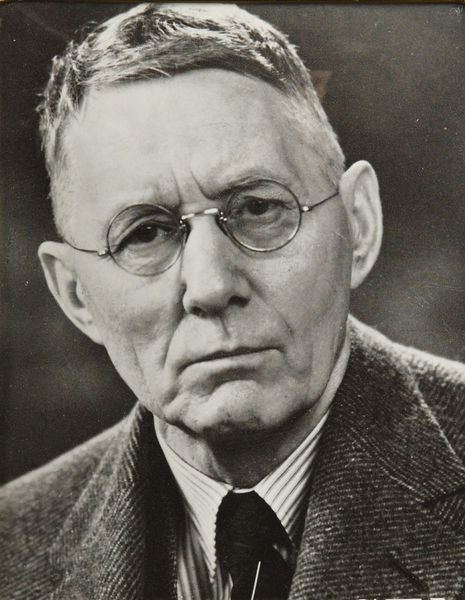Why was Johannes Vilhelm Jensen Awarded the Nobel Prize for Literature in 1944?
Johannes Vilhelm Jensen: Unraveling the Nobel Prize Laureate's Literary Legacy
Johannes Vilhelm Jensen: A Nobel Prize Laureate for Literature
In 1944, the prestigious Nobel Prize for Literature was bestowed upon the Danish author Johannes Vilhelm Jensen. Regarded as one of Denmark’s most celebrated literary figures, Jensen’s works captured the hearts of readers and critics alike.

1. Masterful Literary Contributions:
Johannes Vilhelm Jensen’s literary prowess played a pivotal role in his Nobel Prize recognition. Throughout his career, Jensen produced a diverse array of works, including novels, essays, and poetry, each displaying a profound understanding of human nature and emotions. His ability to craft intricate narratives and evoke powerful emotions in readers made him a standout figure in the literary world. Jensen’s versatility and innovative storytelling techniques earned him admiration from peers and secured his place as a Nobel laureate.
2. Philosophical and Historical Depth:
Jensen’s novels often delved into philosophical themes, exploring existential questions about life, fate, and the human condition. His profound philosophical reflections infused his works with a timeless quality that resonated with readers across generations. Moreover, Jensen’s keen interest in history led him to pen historical novels that breathed life into past civilizations and cultures. By intertwining philosophical and historical elements, he created thought-provoking narratives that left a lasting impact on readers.
3. Portrayal of Danish and Nordic Identity:
As a Danish author, Jensen’s works held a deep connection to Danish and Nordic identity. Through his writings, he showcased the rich cultural heritage of his homeland, promoting a sense of national pride and unity. Jensen’s exploration of Danish folklore, mythology, and history provided readers with a unique perspective on the country’s roots and traditions. His ability to paint vivid pictures of the Danish landscape and society captured the essence of Denmark’s soul, earning him acclaim both at home and abroad.
4. International Recognition:
Johannes Vilhelm Jensen’s works transcended linguistic and national barriers, gaining international recognition and appreciation. Translations of his novels and poetry allowed readers from different parts of the world to access his literary brilliance. Jensen’s universality as a writer, coupled with his engagement with global themes, solidified his status as a Nobel Prize-worthy author, contributing to his win in 1944.
5. Commitment to Humanism and Peace:
Beyond his literary achievements, Johannes Vilhelm Jensen was known for his commitment to humanism and promoting peace. During a tumultuous period of world history, his writings exuded a sense of hope and optimism, calling for unity and understanding among nations. Jensen’s plea for peace and his belief in the power of literature to bridge cultural divides resonated with the Nobel Prize committee, further cementing his selection as a Nobel laureate.
Johannes Vilhelm Jensen’s Nobel Prize for Literature in 1944 was a testament to his exceptional literary talent, philosophical depth, and commitment to promoting cultural understanding. His ability to craft powerful narratives and explore profound human themes ensured his place as one of Denmark’s most celebrated authors. Jensen’s legacy as a Nobel laureate continues to inspire readers and writers alike, reminding us of the enduring power of literature to illuminate the human experience and foster a sense of shared humanity.




